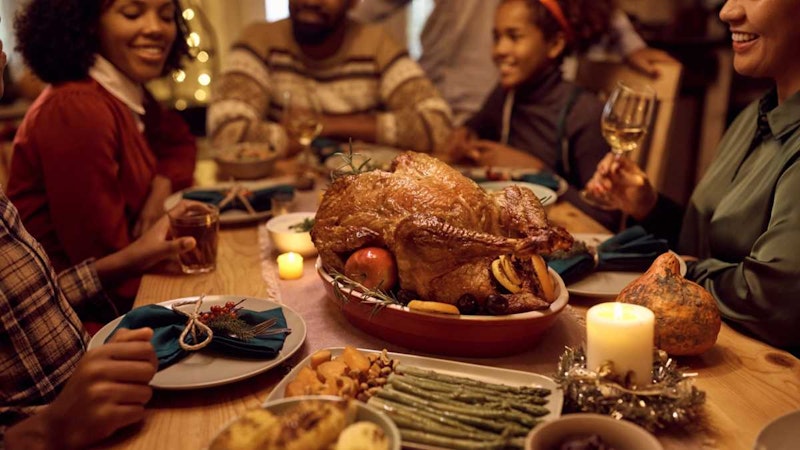For Thanksgiving yesterday I thought a lot about gratitude. I don’t want to be corny, especially for regular readers who for whatever amount of time in the last three decades I’ve been writing are accustomed to my single-raised-eyebrow style sarcasm, but occasionally I get a little sentimental.
Melody Beattie said, “Gratitude turns what we have into enough.” Sometimes it’s easy to worry about the things we don’t have, should have, think we deserve, missed out on, wanted at one time and didn’t get, might want someday, etc. What’s the point of that wasted energy when the things we have are before us?
Once, when I’d experienced a third miscarriage, a woman I didn’t know very well left a gratitude journal at my door. I remember thinking “What do I possibly have to be thankful for,” but in her note she said at a very low time in her life someone had given a gratitude journal to her and that writing even very small positive things from her day really helped her to find joy again. I’ve believed in that simple style of journaling ever since, and found many things in the lives of my two beautiful little girls at the time to write down.
In reverse, an ex-friend of mine, in observing a concern that she was miserable, declared that misery was her “prerogative.” Well, absolutely, I thought. We all wake up with free will and the ability to make choices that will result in misery or happiness. What’s the old saying, "Life is 10% of what happens and 90% of how you react to it.” Choosing to react with gratitude, anger, envy, silence, understanding or empathy, are all choices we have in any given situation, especially if we pause before reacting.
Robert Emmons, a scholar in this field, makes the argument that gratitude allows a person to:
- celebrate the present
- block toxic emotions (envy, resentment, regret, depression
- be more stress-resilient, and strengthen social ties and self-worth.
Researchers found 14 health benefits of practicing gratitude, and that it “disconnects us from toxic, negative emotions and the ruminating that often accompanies them.”
People who exhibit a lack of gratitude according to research also have an excessive sense of self-importance, arrogance, vanity, need for admiration and approval and sense of entitlement; some might recognize these as traits describing a narcissistic personality. Philosopher David Hume (1739) wrote, “Of all crimes that human creatures are capable of committing, the most horrid and unnatural is ingratitude.”
Gratitude taught at an early age makes a difference. A 2019 study found that gratitude is linked to happiness in children by age five. A 2011 study showed grateful teens (ages 14-19) are more satisfied with their lives, more engaged in their schoolwork and hobbies, and have better grades. They’ve also been shown to be less envious, depressed, and materialistic than their less grateful counterparts.
Practicing gratitude isn’t the same as simply being polite and saying thank you; gratitude is a lifestyle. From journaling and meditation to acknowledging specific small kindnesses of others and experiences in our lives through our senses, there are ways to find gratitude everywhere, and the positivity that results has ripple effects on our lives and those around us.

